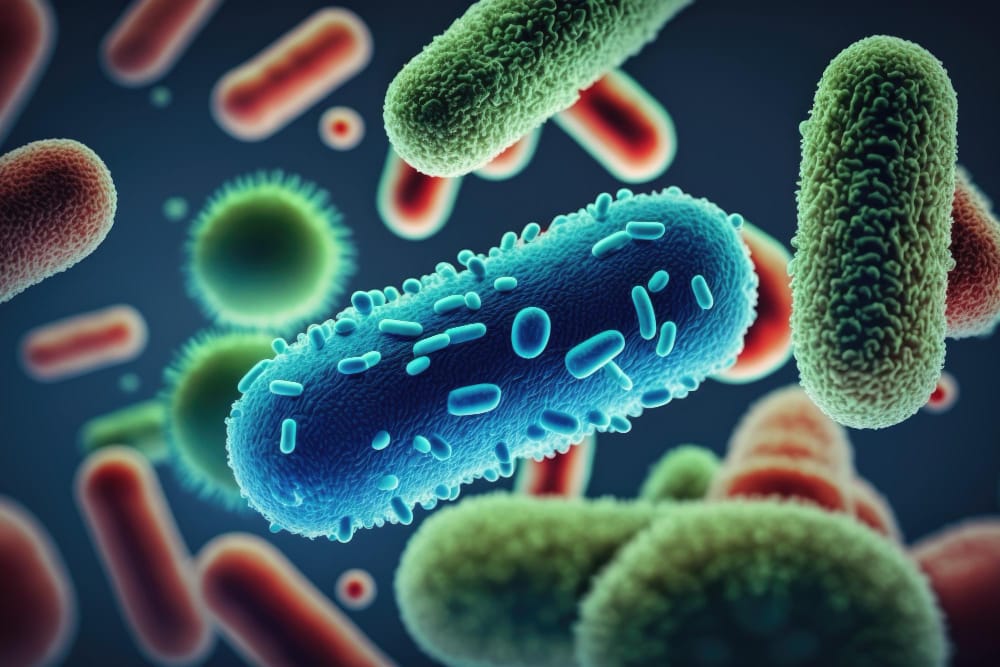As the world is propelled towards the AI era one of the pressing concerns is the need for an efficient and sustainable waste management system. By 2050, the world is projected to generate 3.40 billion tons of waste annually, a sharp increase from the current 2.01 billion tons. Urban areas contribute significantly to this surge; broadly waste is categorized into municipal solid waste, electronic waste (e-waste), plastic waste, and heavy metal contamination. According to the World Economic Forum (2020), plastic waste is one of the major concerns severely affecting marine life and the ecosystem. Since 1950, approximately 8.3 billion metric tons of plastic have been produced but a mere 9% undergoes recycling.
To effectively address the waste management challenge necessitates not only controlling the waste generation but also the transformation of waste into valuable substances. This calls for the development of a super bacterium with the capability to decompose various types of waste, ranging from food waste to plastic and e-waste. To identify the super bacteria with inherent adaptability towards genetic engineering, possessing extensive genomic plasticity and the ability to effectively replicate foreign DNA. Deinococcus radiodurans bacterium emerges as a promising candidate for such a purpose. This non-pathogenic bacterium exhibits remarkable resistance to radiation, capable of withstanding up to 8KGy of radiation dose. Moreover, it possesses a unique ability to reconstitute a complete genome from fragmented DNA in a matter of hours after damage. Additionally, the formation of biofilms over the surface adds another layer of advantage. The biofilm can prove beneficial in the context of nuclear waste disposal, eliminating the need for the heavy process of re-fermenting the bacteria.
The initial phase in implementing the super bacterium involves the identification of genes and peptides that exhibit optimal efficacy and cost-effectiveness in breaking down the targeted group of substances. This can be achieved through exploration of the existing database of bacterial genomes. To enhance efficiency and mitigate the potential unintended consequences, such as the development of antibiotic-resistant bacteria, genetic engineering comes into play. Reported genes, such as PETase, catalase, alkBH1 & alkBH2, and H1, and H2 can be incorporated to further enhance the bacterium’s functionality. The engineered gene can be introduced into D. radiodurans via bacteriophage-mediated transduction. Finally, it is crucial to identify the optimal conditions for the survival of the bacterium and ensure the compatibility among the introduced genes. At last, rigorous testing of the super bacterium is essential for the generated waste from several sources, including household, medical and industrial waste. Simultaneously, precautions must be taken to ensure that the by-products of these reactions are not harmful. This comprehensive and innovative approach ensures the development of a super bacterium capable of efficiently and safely managing diverse types of generated waste.
-Mahika Rao


Mahika Rao
Mahika is a high school senior who enthusiastically explores chemical and biological engineering, driven by a curiosity about the universe. She recently spent two weeks in Dr. Rakesh Sharma's lab at IGIB as part of the Shadow a Scientist program.


amazing work!